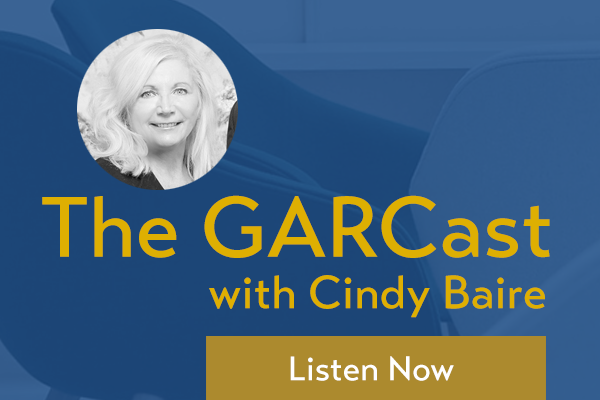There are no cuts in services or staff and taxes would remain the same or go down for most Buffalo property owners, under Mayor Byron W. Brown’s proposed 2020-21 budget.
“We thought it was important to put a budget like this forward to give residents, to give businesses that are struggling now, the ability to recover and to have resources to put into the economy,” Brown said.
But the Covid-19 pandemic looms large over city finances.
Brown said he expects to end this fiscal year June 30 about $15 million in the red – due to the shortfalls in revenue and increased costs due to the pandemic.
“Prior to the pandemic, we were projecting to end this budget year with between a $5 to $6 million surplus,” he said. “Our plan is to maximize the city’s ability to recover, to put us on the pace of growth we were on prior to the pandemic hitting.”
The budget relies on $65 million in federal pandemic assistance that has yet to be approved by Congress and signed into law.
But Brown said the Western New York Congressional delegation has indicated an agreement on direct aid to municipalities is close, and he is optimistic Buffalo will receive the aid.
If there is no agreement, or if the federal funding does not come in time to help the city’s budget, Buffalo would borrow the money, he said.
“If that (borrowing) didn’t work satisfactorily to meet the task at hand, then we would be in a position to do some very difficult things, which could include furloughing employees and raising taxes and other very difficult circumstances,” the mayor said.
The $519 million budget increases spending 2%, but the total amount to be raised through taxes remains frozen at last year’s level.
The proposed residential tax rate is $9.99 per $1,000 of assessed valuation, down nearly 46%. Taxes on a house assessed at $100,000 would be $999. The commercial tax rate would be $16.75 per $1,000, down 43%. The tax bill on a commercial building assessed at $100,000 would be $1,675.
Tax rates are going down because of last year’s property revaluation. Last year’s tax rates were $18.47 per $1,000 for homes and $29.49 per $1,000 for commercial properties.
Brown described this budget as a “recovery” budget.
He said his goal is to preserve normal operations as much as possible.
“We believe that during a global pandemic you do not cut vital services that residents, and especially our must vulnerable residents, rely on,” he said. “When the pause ends, when science and health experts say we can go back to work, this budget is designed to allow the City of Buffalo and our economy to resume.”
The budget includes funding to address the Covid-19 pandemic, including equipment needed to protect the public and city workers while also making the city more resilient against future disasters, Brown said.
It outlines the administration’s work-from-home initiative, which will play a role in reducing City Hall’s carbon footprint by 40% and build redundancy that will allow employees to work from home during an emergency such as a snowstorm, he said.
Funding for Buffalo schools remains flat, and exempt employees will not get a 2% raise, he said.
The budget includes funding for the mayor’s summer youth employees and interns to work on Census outreach, to help residents complete their 2020 Census questionnaires. The effort is to start in July.
The city’s priorities include instituting public safety measures to control the spread of Covid-19, creating efficiencies in the working environment to limit expenses while supporting employees and repurposing services to smoothly transition the community to the “new normal,” Brown said.
The mayor released the budget Friday, and in a conference call with reporters, he called the spending plan the “most difficult” budget he has prepared as mayor.
Posted by The Buffalo News



